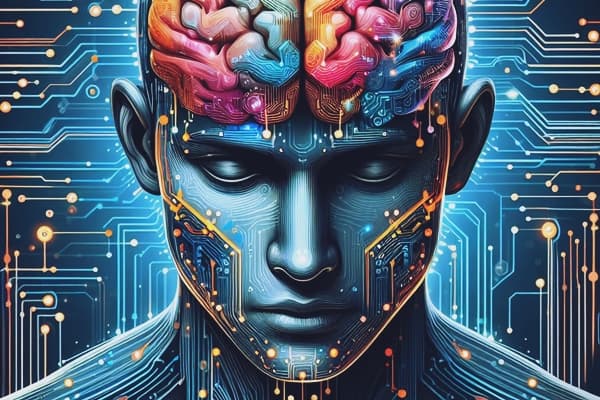Demystifying AI: A Guide for Non-Technical Professionals

Artificial intelligence (AI) has become one of the most talked about technologies in recent years. With applications across a wide range of industries, AI has the potential to change the way we live and work. However, for many people without a technical background, understanding AI can be a complicated task.
What is AI?
AI is a branch of computer science that aims to create machines that can think and act like humans. AI machines are trained with data, which allows them to learn and improve their capabilities over time.
How Does AI Work?
There are two main types of AI: Narrow AI and Artificial General Intelligence (AGI). Narrow AI focuses on specific tasks, such as facial recognition or language translation. On the other hand, AGI is a hypothetical AI capable of performing any task that a human can perform.
Today, most of the AI we see is Narrow AI. AI machines are trained with large amounts of data to complete specific tasks. For example, facial recognition systems are trained with millions of facial images to identify people.
Types of AI :
There are several types of AI that are commonly used, namely :
-
Machine Learning
This AI is trained with data to learn and improve its own abilities.
-
Deep Learning
A type of machine learning that uses artificial neural networks to mimic how the human brain works.
-
Natural Language Processing (NLP)
This AI allows machines to understand and process human language.
-
Computer Vision
This AI allows machines to see and understand the world around them.
AI Applications in Various Industries :
-
Health
AI can help diagnose disease, develop new medicines, and improve patient care.
-
Finance
AI can be used to detect fraud, manage risk and make better investment decisions.
-
Manufacturing
AI can help improve production efficiency, optimize supply chains, and predict machine failures.
-
Retail
AI can help recommend products, improve customer experience, and personalize offers.
Benefits and Risks of AI :
AI has many potential benefits, such as :
- Increase efficiency and productivity
- Improve decision making
- Accelerating innovation
- Create new opportunities
However, AI also has some potential risks, such as :
- Job loss
- Algorithmic bias
- AI Abuse
- Loss of privacy
Future of AI :
AI is a rapidly developing technology with the potential to change the world. As AI develops, we can expect to see more innovative applications in various industries.
AI is a complex technology, but with the right guidance, non-technical professionals can understand its concepts and applications. This article aims to demystify AI and provide a clear understanding of this technology to non-technical professionals.